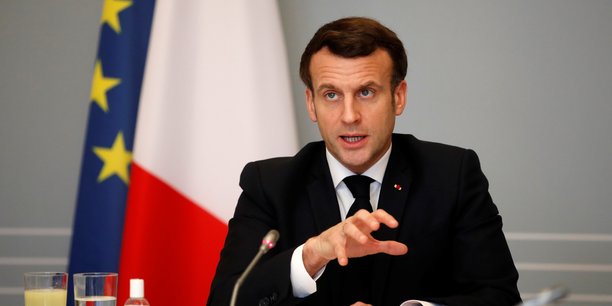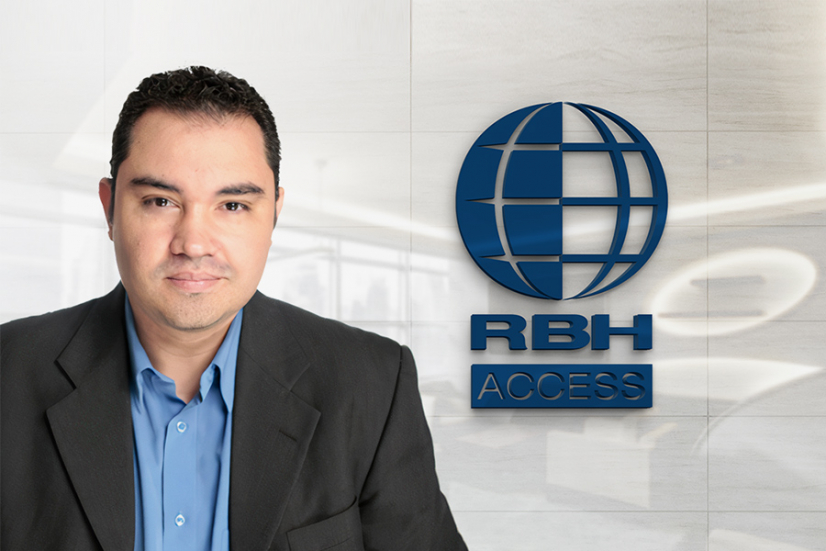BERLIN / PARIS (Reuters) – France and Germany are trying to overcome new challenges facing the development of SCAF, the ambitious project for a future European fighter jet that is fueling tensions between Paris and Berlin, told reporters on Wednesday. Reuters from security and industry sources.
At an estimated cost of 100 billion euros, the Future Air Combat System (SCAF) project, in which Spain is also participating, is considered one of the pillars of the European defense policy desired by Paris.
Dassault, Airbus and the Spanish company Indra are to build the combat aircraft intended to replace the French Rafale and the German Eurofighter by 2040.
President Emmanuel Macron and Chancellor Angela Merkel launched the project in 2017 at a time when the European Union was weakened by the British decision to leave the community bloc and by the migrant crisis.
But instead of closing ranks, the SCAF has fueled tensions between France and Germany, against the backdrop of divergent approaches (industrial for Berlin, military and strategic for Paris), mutual suspicion or even rivalries between manufacturers, security and industry sources told Reuters.
During a videoconference earlier this month, Emmanuel Macron and Angela Merkel failed to find an agreement that would release a new tranche of at least five billion euros to develop a prototype.
“We know that this is a project under French leadership but it must be a project where the two countries play as equals and there are still many questions to be clarified”, underlined the German Chancellor. .
Representatives of the two countries, but also of Spain and the three main manufacturers, met on Wednesday at the headquarters of the Directorate General of Armaments (DGA) in Paris to try to overcome their differences, the sources said. to Reuters.
“EASIER TO WORK WITH BRITISH”
One of the sticking points relates to intellectual property rights, Berlin seeking according to sources familiar with the matter to obtain concessions from Paris to be able to use technologies developed within the framework of the SCAF project for its own weapons programs.
France, which has invested a lot in the military field in recent decades, is very reluctant to do so, suspecting German manufacturers of wanting to take advantage of its expertise in the field to catch up, the same sources say.
According to a source, the differences of view on the matter are such that the hypothesis of the construction of two prototypes instead of one has been raised, despite the exorbitant cost of such an initiative.
By joining the project last year, Spain has also reshuffled the industrial cards, tipping the scales on the side of Airbus Defense & Space, which already represents German interests in this project, relaunching competition with Dassault for the sharing. cake as a preliminary deal was reached between the two manufacturers in 2019, sources told Reuters.
While the Minister of the Armed Forces, Florence Parly, is due to meet on Thursday with her German counterpart Annegret Kramp-Karrenbauer to try to get the SCAF out of this zone of turbulence, some wonder about the ability of the two countries to carry out the project to its term as their priorities seem to diverge.
“It would have been much easier to work with the British on such a project because we have the same military culture,” said a French parliamentary source. The United Kingdom is developing a competing project, Tempest, with Italy and Sweden.
(Sabine Siebold in Berlin, Tangi Salaün and Tim Hepher in Paris)


